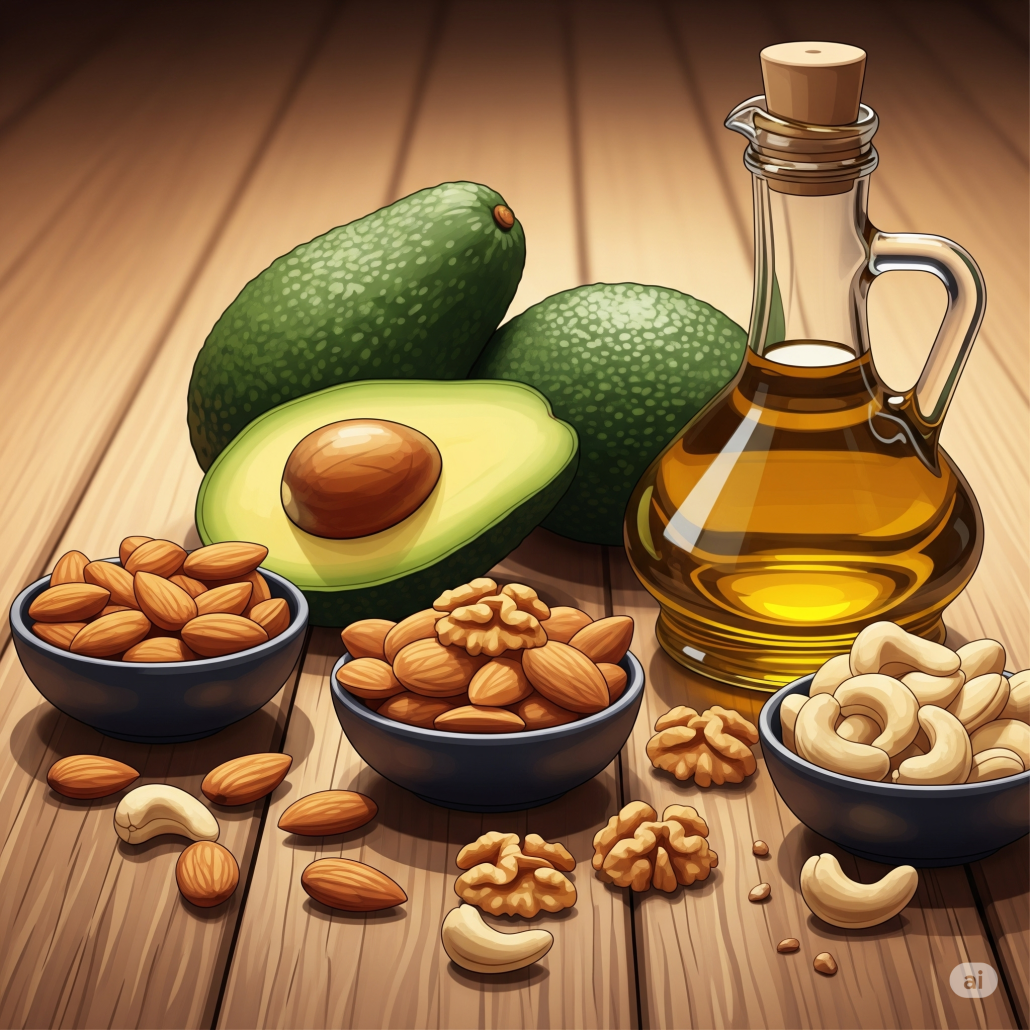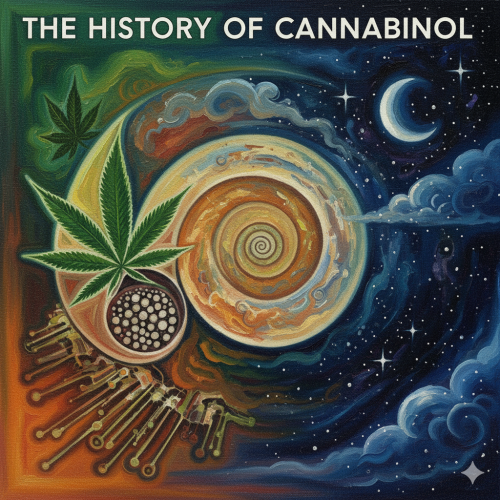The Study
A new clinical study published in Scientific Reports in 2025 has shed light on a question many CBD users have wondered about: does taking CBD with food make a difference? According to researchers Saals, De Bie, Osmanoglou, and colleagues, the answer is a resounding yes. Specifically, consuming a high-fat meal before taking CBD significantly increases how much of the compound is absorbed into the bloodstream—and may even affect how long its effects last.
In the study, 11 healthy adult participants (five men and six women) received a single oral dose of a broad-spectrum CBD-rich extract containing 70 milligrams of cannabidiol (CBD). Each person took this dose twice—once while fasting, and once after eating a standardized high-fat meal. The researchers then monitored the amount of CBD in their blood over time.
The Results
The results were striking. When CBD was taken after a high-fat meal, the peak concentration of CBD in the bloodstream increased by approximately 17 times compared to when it was taken on an empty stomach. Overall exposure, measured as the area under the curve (AUC), increased nearly 10 times. These findings confirm that dietary fat has a major effect on CBD absorption. And that high-fat meals are the helping the body take in significantly more of the active compound.
CBD is fat-soluble, meaning it dissolves more effectively in fat than in water. When consumed with dietary fats, CBD is more easily broken down and absorbed through the digestive system. Fat also stimulates bile production and may activate a route called lymphatic transport, which helps CBD avoid first-pass metabolism in the liver—one of the key ways the body usually breaks it down before it can circulate systemically.
Interestingly, researchers also observed a biphasic—or double-peak—absorption pattern when CBD was taken with food. In other words, CBD entered the bloodstream in two separate waves rather than just one. This suggests that the digestive process may release CBD at different points after ingestion, potentially leading to longer-lasting effects. The second peak could be linked to how fats are digested or to secondary processes like enterohepatic recirculation.
There were also some differences observed between men and women. While both groups experienced greater absorption when fed, men tended to have higher peak CBD concentrations overall. This could be related to differences in body weight, metabolism, or fat distribution, though the study size was too small to draw firm conclusions.
Other Factors
Another factor worth noting is that the CBD product used in this study was a broad-spectrum extract. That means it included not only CBD but also other naturally occurring compounds from hemp. Some of which include terpenes like β-caryophyllene and α-humulene. These terpenes may influence how CBD is metabolized by affecting liver enzymes, potentially further enhancing absorption and effects. As a result, users of broad- or full-spectrum products may notice different results than those taking pure CBD isolate.
For CBD consumers, these findings carry important implications. Taking CBD with a meal—especially one that contains healthy fats—can make a dramatic difference in how much CBD reaches the bloodstream. Foods like avocado, olive oil, nuts, eggs, or full-fat yogurt can support better absorption. This could mean faster onset, stronger effects, and the possibility of achieving the desired benefits with lower doses.
In conclusion, this study provides strong evidence that timing and diet can significantly impact the effectiveness of CBD. Pairing your CBD with the right foods isn’t just a matter of preference—it’s a science-backed way to make your wellness routine more effective.
Reference:
Saals, B.A.D.F., De Bie, T.H., Osmanoglou, E. et al. (2025). A high-fat meal significantly impacts the bioavailability and biphasic absorption of cannabidiol (CBD) from a CBD-rich extract in men and women. Scientific Reports, 15, 3678. https://doi.org/10.1038/s41598-025-87621-4



